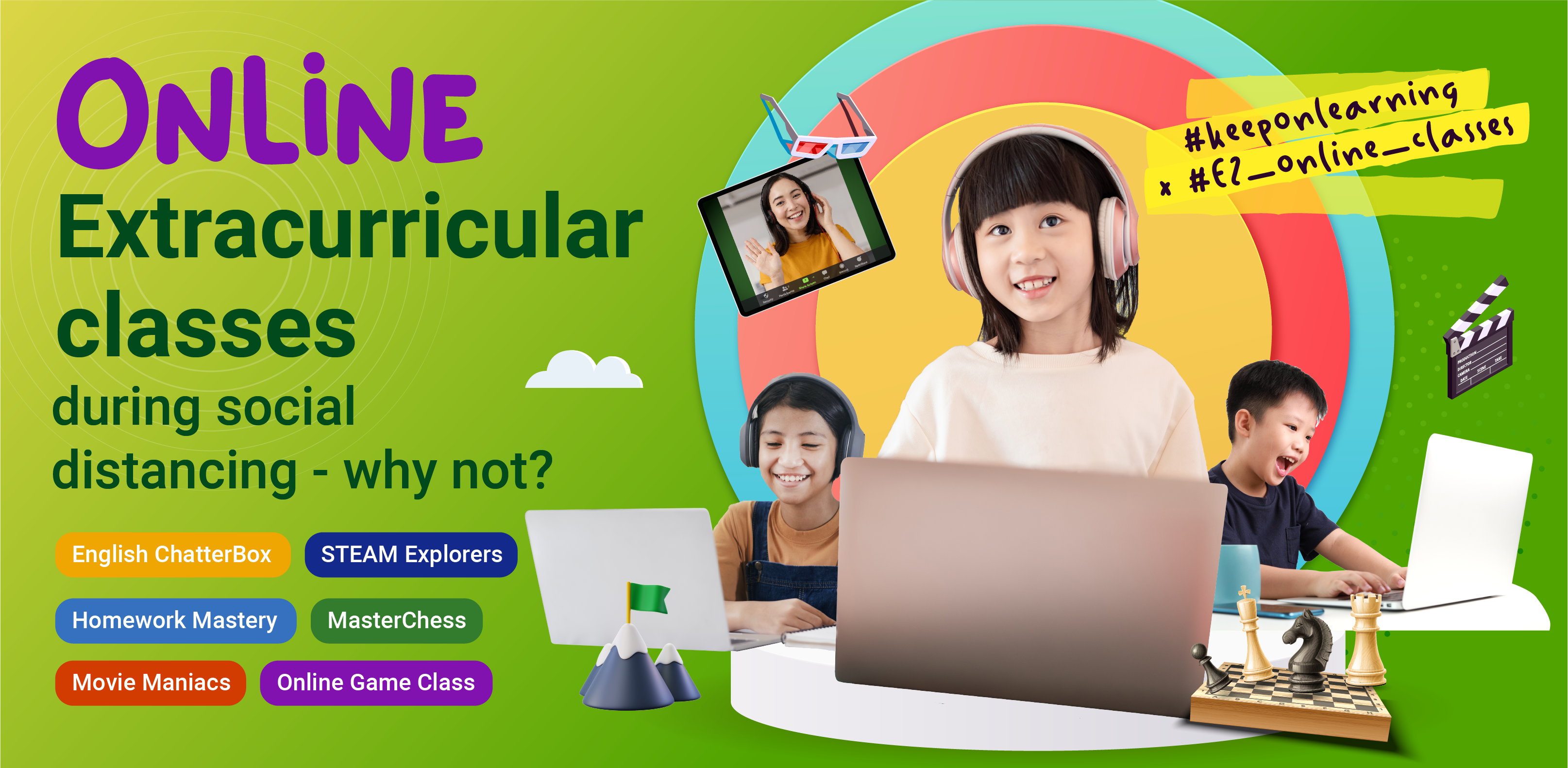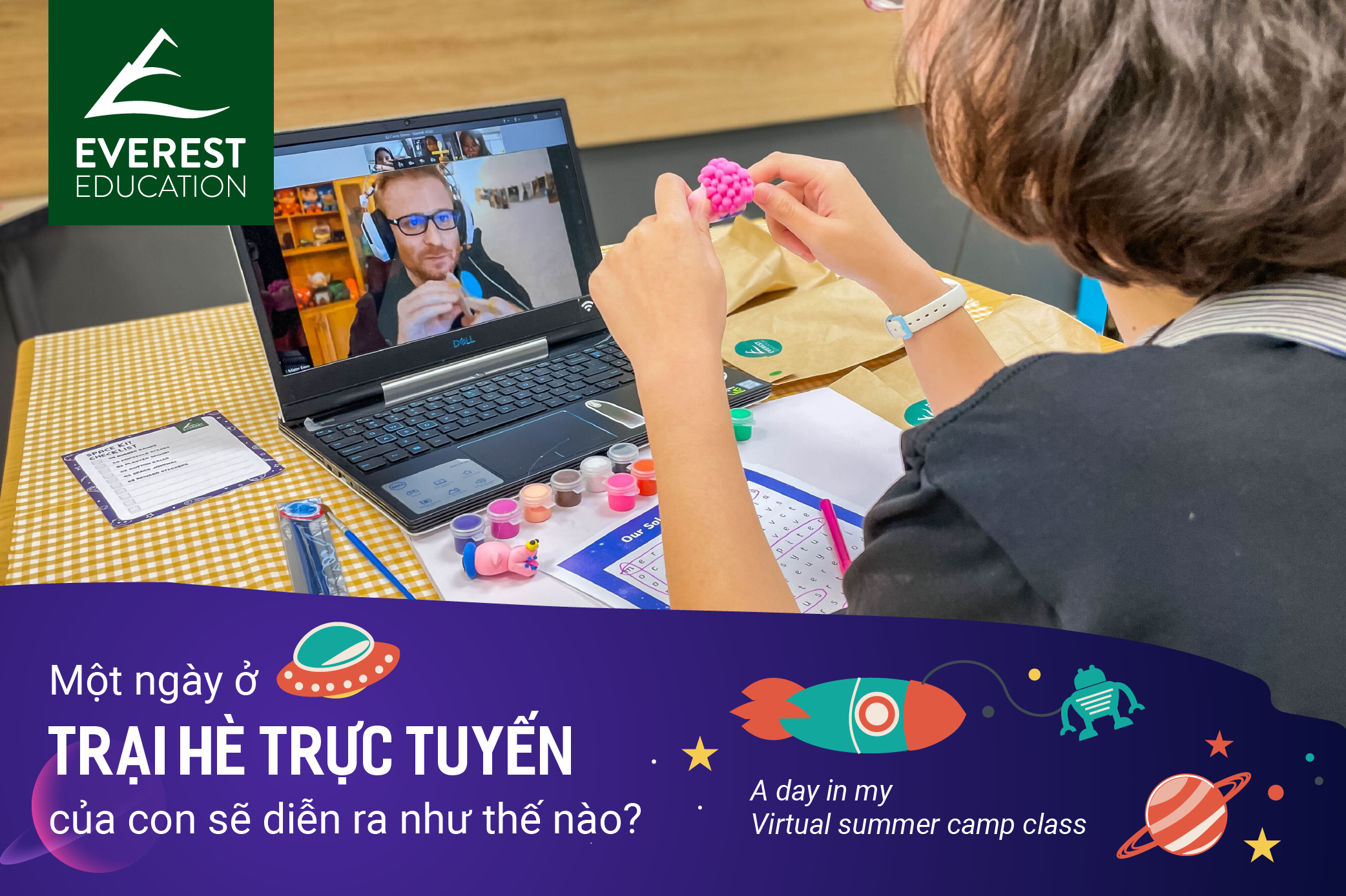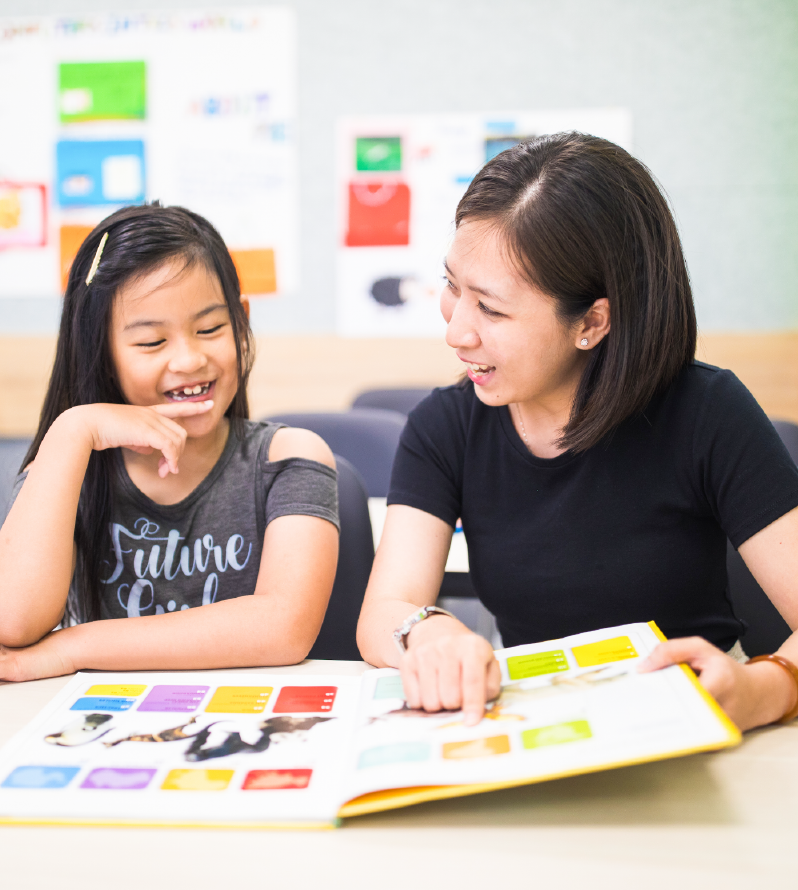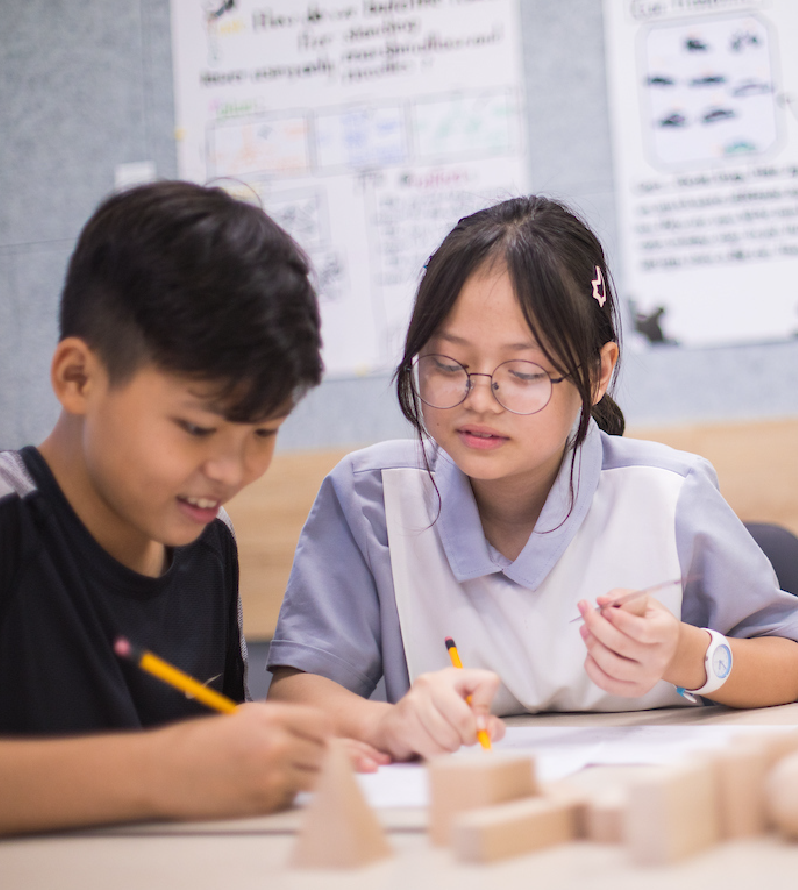Homeschooling – the concept of parents teaching their children at home rather than sending them to public or private schools has seen a significant increase due to the COVID-19 pandemic. The increase in homeschooling is perhaps not surprising, with more parents spending lots of time at home after being laid off or ordered to work remotely during the pandemic. Given the flexibility and cost-efficiency, homeschooling might be a good option for families who want to target their children’s individual needs and ultimate goals.
According to the City Pass Guide, parents in Ho Chi Minh city are often divided into two camps: those who choose to educate their children themselves because of the high cost of private schools and those who consider it a philosophical decision. The concept is still new in Vietnam, but a few parents frustrated with the long hours, costs, and rigidity of classic educational systems will find many benefits in homeschooling. “In the hands of well-educated parents, homeschooling can be extremely beneficial as the curriculum is more personalized to the characteristics of their children,” according to Tuoitrenews.
However, when it comes to homeschooling, the most common question people have is “What about socialization?”. Homeschooling also means less daily interaction with large numbers of kids in a child’s age group. And homeschoolers can end up spending less time each day participating in organized sports and activities with their peers.
In fact, schools are not the only place children learn socialization skills. Homeschooling does not mean that students have no access to their pees, play sports or socially interact with others outside their family. While socialization certainly looks different for homeschooled kids, a large body of research reveals that homeschooled does not harm children’s development of social skills, as measured in these studies. Some research even finds that homeschooled children score more highly than children who attend school on measurements of socialization.
This article will give parents a few suggestions on how to help your homeschooled children build up their social skills. Of course, any aspects of socialization in children come naturally with your day-to-day interactions, but the list below will remind you of extra ways to keep your kids socially active.
1. Join Homeschool Groups
 Homeschool groups are popular ways to connect with other homeschool families so that your children can play and learn with others. Homeschool support groups, co-ops, field trip groups, and park dates all offer opportunities for your child to socialize with other children and make friends. Parents can easily find these groups online by going to Facebook and searching “homeschool.” You’ll see so many community groups with thousands of members, where they share helpful tips and experiences about raising homeschooled kids. Remember that some homeschool groups have specific religious or pedagogical beliefs and that you may have to look around a bit to find one that fits you, your child, and your homeschooling style.
Homeschool groups are popular ways to connect with other homeschool families so that your children can play and learn with others. Homeschool support groups, co-ops, field trip groups, and park dates all offer opportunities for your child to socialize with other children and make friends. Parents can easily find these groups online by going to Facebook and searching “homeschool.” You’ll see so many community groups with thousands of members, where they share helpful tips and experiences about raising homeschooled kids. Remember that some homeschool groups have specific religious or pedagogical beliefs and that you may have to look around a bit to find one that fits you, your child, and your homeschooling style.
2. Enroll in Extracurricular Activities
Just because you homeschool doesn’t mean your child can’t participate in after-school or weekend activities with non-homeschool kids. Sign your child up for arts, dance, cooking, piano, computer coding—whatever floats their boat. When it comes to extracurricular classes and clubs, the sky’s the limit! Depending on what interests your child, you might look for classes or associations where they can meet like-minded kids and teens. For example, local art, dance and music classes can help your child meet others with similar interests while exploring their passions. While the opportunities available to you and your child will vary depending on the area you live in, parents can also explore our fun, social and engaging classes.
Amid social distancing, Everest Education offers Online Extracurricular Classes to provide your children with the finest learn-through-play environment. With many topics varying from English ChatterBox, STEAM Explorers, Homework Mastery, Movie Maniacs, MasterChess and Online Game Class, we encourage students to learn, play and connect with new friends who have the same interests. Classes are taught in English 100% so that kids can also hone their language skills while playing.

If your children exhibit interest in specific skills or ideas, you may want to research clubs in your area that cater to those ideas. Common things are chess, book clubs, robotics clubs, programming clubs, and even simple games clubs. These types of programs may not always be educational, but they are an excellent place for your children to meet new people and make friends. Remember that keeping kids socialized while homeschooling isn’t always about education, but is about exploring the world around them and keeping them involved in learning about other people.
3. Get Kids Involved in Sports

(c) SSA – Sports Skills Academy (Thành phố Hồ Chí Minh)
If you have a sporty kid, getting them on a sports team is a fantastic way to socialize. Sports involve many essential skills you will want your child to learn, such as teamwork, communication, and managing big emotions. While many public schools allow homeschoolers to join their teams, there are also great teams outside that are perfect for your kids to participate in. If your family lives in Ho Chi Minh city, you can also check out SSA Vietnam – a sports training academy that has partnered with Everest to design summer camps for students. SSA is also the supplier that provides intensive sports training for many international schools in Vietnam. And not just football or basketball, let’s think outside of the box and look for sports like cheer, archery, gymnastics, karate, swimming, or skateboarding.
Where learning meets joy
with friends and teachers who care
4. Volunteer in Community Activities
 Volunteering in your local community is an excellent way to socialize as a homeschooler. Whether you participate in local cleanups, volunteer at charity field trips, or help out at a local children’s shelter or similar work is a great way to step up to help and socialize. Parents may even consider having your kids participate in government programs to help them learn more about the world around them and how it operates. Older kids can volunteer at a local non-profit, an animal rescue, or a local hospital. Working a part-time job may also be a good option to give your child the opportunity to gain independence and develop skills while meeting new people or making new friends too.
Volunteering in your local community is an excellent way to socialize as a homeschooler. Whether you participate in local cleanups, volunteer at charity field trips, or help out at a local children’s shelter or similar work is a great way to step up to help and socialize. Parents may even consider having your kids participate in government programs to help them learn more about the world around them and how it operates. Older kids can volunteer at a local non-profit, an animal rescue, or a local hospital. Working a part-time job may also be a good option to give your child the opportunity to gain independence and develop skills while meeting new people or making new friends too.
In addition, parents can consider getting your child to the local libraries. Many public libraries offer not just books but other kid’s activities throughout the year. Arts and crafts, storytime, or things like Computer and Science clubs can all be an excellent place for your kids and you to meet new people and make friends. All of them are educational opportunities as well as ways to interact with others in meaningful ways.
>> For Saigonese families, Everest also compiled a list of top 4 libraries in Ho Chi Minh. They are all free, family-friendly, and provide many social activities for kids more than just books.
5. Send Them to Summer Camp
 Homeschoolers often attend camp. This is a great way to make long-lasting friendships and is also a good way to build grit and independence. You’ll find traditional summer camps, sports-oriented camps, science camps and music camps. Give your child your budget for summer camp and how far away you are willing to let them travel and let them choose which one they would like to attend. Summer camp is an opportunity to get away from it all, meet new friends and make lasting memories. Some children find that they stay in touch with friends made at camp. This can help teach youth how to maintain a friendship with someone who doesn’t live near, which can be a vital life skill.
Homeschoolers often attend camp. This is a great way to make long-lasting friendships and is also a good way to build grit and independence. You’ll find traditional summer camps, sports-oriented camps, science camps and music camps. Give your child your budget for summer camp and how far away you are willing to let them travel and let them choose which one they would like to attend. Summer camp is an opportunity to get away from it all, meet new friends and make lasting memories. Some children find that they stay in touch with friends made at camp. This can help teach youth how to maintain a friendship with someone who doesn’t live near, which can be a vital life skill.
>> Check out these 5 Virtual Summer Camps Your Kids Will Love – these are 5 online courses about 5 different ranges of subjects, so no matter what your kid’s interest is, there is always a course she’ll love.
Parting words
As you weigh opportunities like those above, remember that socialization is just as valid a reason for involving your children in a program as any content knowledge or skills your child will gain. Make sure to expose your child to many different avenues for socialization. Encourage your child to befriend other children in your neighborhood and welcome these neighbor kids into your home.
When planning out what activities to have them involved in at the beginning of the year, get their input. Ask your child what they’re interested in, and what they’re looking for in terms of friends. Every child is different – so you shouldn’t assume you automatically know what your child needs without asking for their input. Listen to your child, look for new opportunities, and be willing to make changes if things aren’t working. Your child may also need help making new friends; make sure to talk with them about what being a friend looks like and to help them plan strategies for making new ones.
>> Learn useful tips to help kids make friends in the previous article: Simple Techniques To Help Your Child Build Friendships.
As children work out who they are and where they fit in the world, they benefit from being exposed to various people and activities. We hope that this article can give parents a few of these activities to expand your child’s social network. If you’re interested in exploring more homeschooling options, go check out our Homeschooling support program. At Everest, we help students build their own unique education pathways. Our programs can supplement and support homeschool students depending on their individual needs and goals.

Reference:
- City Pass Guide, “Alternative ed in Vietnam is for those who school differently.”
- Coalition for Responsible Home Education, “How Can I Socialize My Homeschooled Child?”











 Volunteering in your local community is an excellent way to socialize as a homeschooler. Whether you participate in local cleanups, volunteer at charity field trips, or help out at a local children’s shelter or similar work is a great way to step up to help and socialize. Parents may even consider having your kids participate in government programs to help them learn more about the world around them and how it operates. Older kids can volunteer at a local non-profit, an animal rescue, or a local hospital. Working a part-time job may also be a good option to give your child the opportunity to gain independence and develop skills while meeting new people or making new friends too.
Volunteering in your local community is an excellent way to socialize as a homeschooler. Whether you participate in local cleanups, volunteer at charity field trips, or help out at a local children’s shelter or similar work is a great way to step up to help and socialize. Parents may even consider having your kids participate in government programs to help them learn more about the world around them and how it operates. Older kids can volunteer at a local non-profit, an animal rescue, or a local hospital. Working a part-time job may also be a good option to give your child the opportunity to gain independence and develop skills while meeting new people or making new friends too. 









